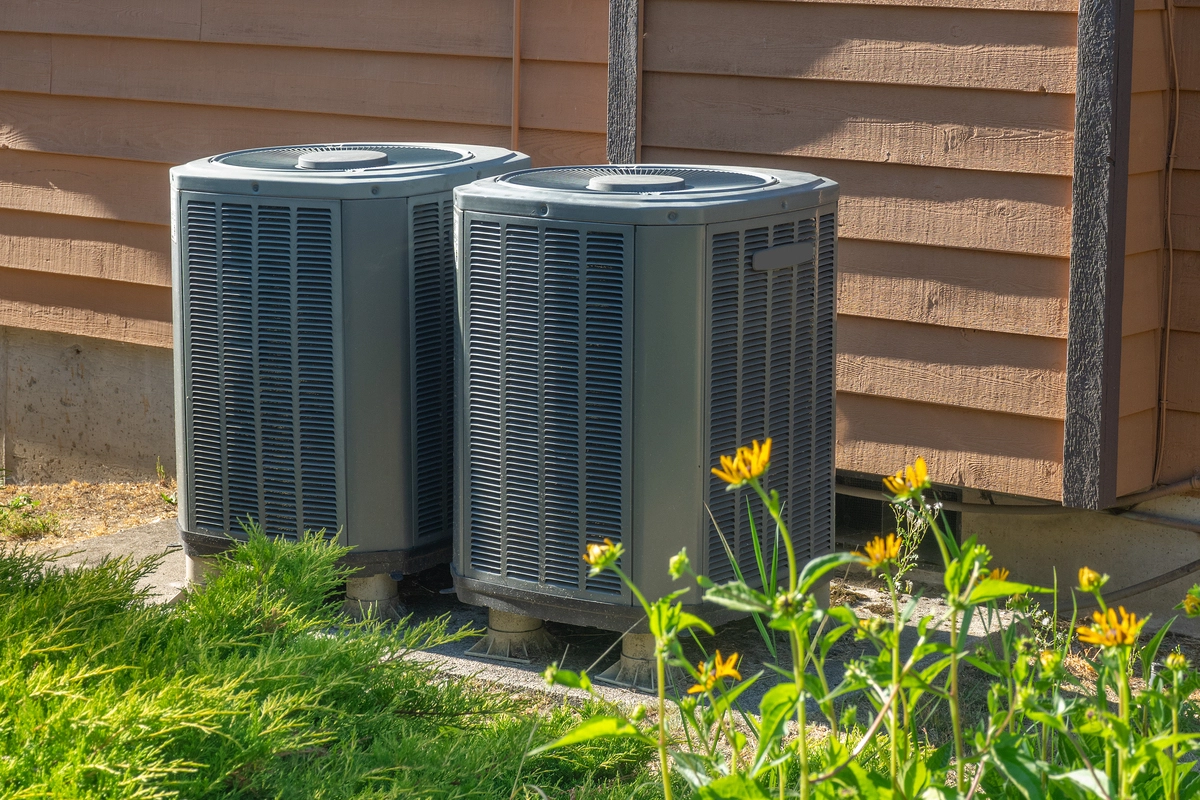When it comes to keeping our homes comfortable, HVAC (Heating, Ventilation, and Air Conditioning) systems play a crucial role. However, not all HVAC systems are created equal. There are various types of residential HVAC equipment available, each with its own unique features and benefits. In this blog post, we will explore the different types of residential HVAC equipment, helping you understand their functions and choose the right system for your home.
Central Air Conditioning Systems:
Central air conditioning systems are the most common type of HVAC equipment found in residential properties. These systems consist of an outdoor unit that houses the compressor and condenser, and an indoor unit that contains the evaporator coil and blower. Central AC systems use ductwork to distribute cooled air throughout the home, providing consistent temperature control in every room.
Heat Pumps:
Heat pumps are versatile HVAC systems that can provide both heating and cooling. They work by transferring heat between the indoors and outdoors, depending on the desired temperature. In warm weather, heat pumps extract heat from the indoor air and release it outside, cooling the home. In colder months, the process is reversed, and heat pumps extract heat from the outdoor air (even in low temperatures) and transfer it inside to warm the home.
Ductless Mini-Split Systems:
Ductless mini-split systems are an excellent option for homes without existing ductwork or for specific zones that require individual temperature control. These systems consist of an outdoor unit connected to one or more indoor units mounted on the walls or ceilings of different rooms. Each indoor unit can be controlled independently, allowing for personalized comfort settings. Ductless mini-split systems are energy-efficient and provide both heating and cooling capabilities.
Furnaces:
Furnaces are the most common type of heating system found in residential properties. They use either gas or electric power to generate heat, which is then distributed throughout the home via ductwork. Furnaces can be paired with central air conditioning systems to provide year-round comfort. Gas furnaces are popular for their efficiency and cost-effectiveness, while electric furnaces are a suitable option for areas without access to natural gas.
Hybrid HVAC Systems:
Hybrid HVAC systems combine the efficiency of a heat pump with the reliability of a gas furnace. These systems automatically switch between the two heat sources based on outdoor temperatures and energy costs, optimizing efficiency and comfort. In milder weather, the heat pump operates, while the gas furnace kicks in during colder temperatures. Hybrid systems are an excellent choice for homeowners looking to maximize energy savings.
Choosing the right HVAC equipment for your home is essential for maintaining a comfortable indoor environment throughout the year. Whether you opt for a central air conditioning system, heat pump, ductless mini-split system, furnace, or hybrid HVAC system, each type has its own advantages and considerations. Consulting with a qualified HVAC professional can help you assess your home’s specific needs and make an informed decision. Invest in the right residential HVAC equipment to enjoy optimal comfort and energy efficiency in your home.

